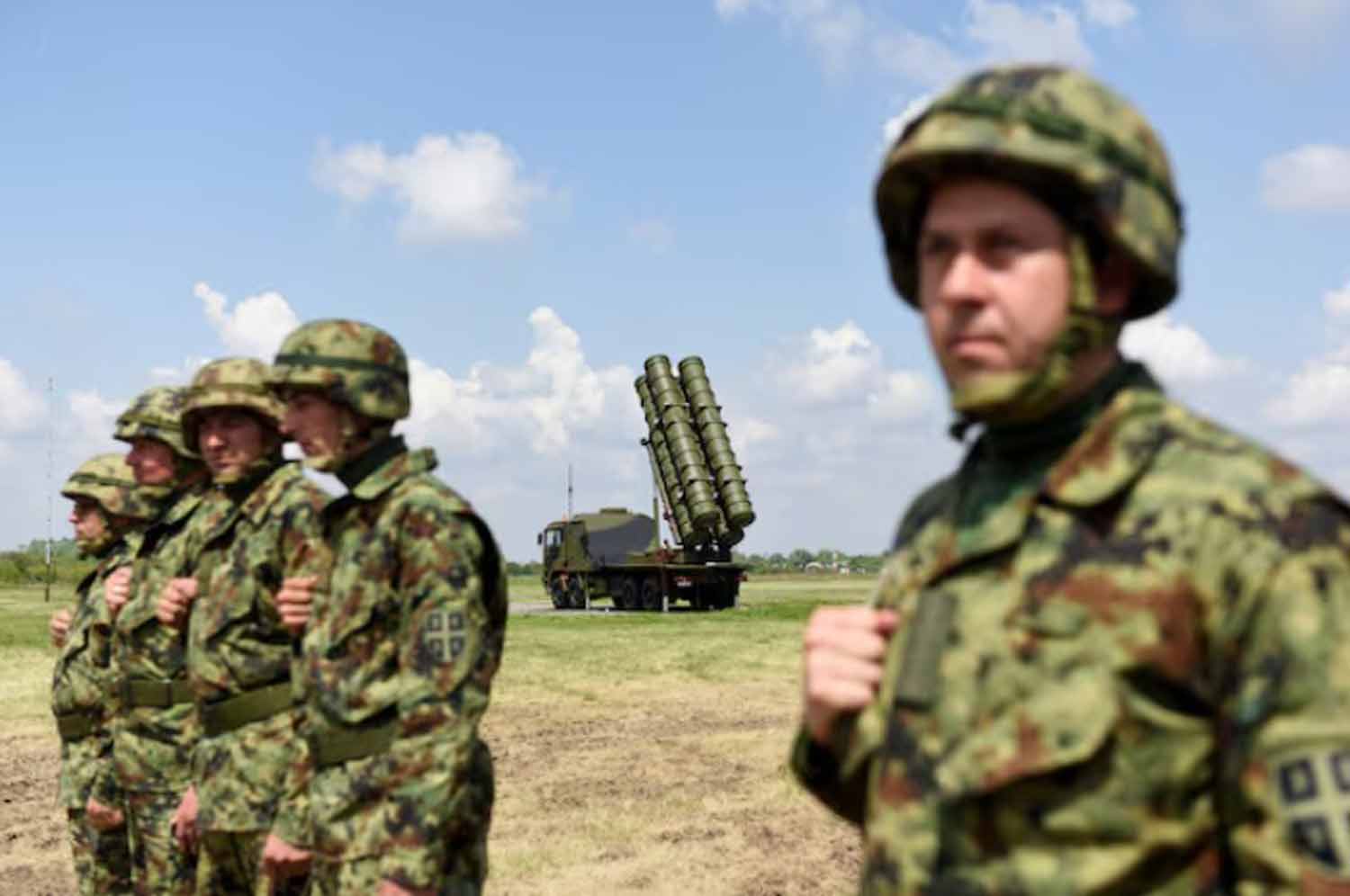On Friday, Serbia’s government ministers reached a consensus to reinstate mandatory military service, a policy that had been discontinued 14 years prior. President Aleksandar Vucic commended this decision as a significant advancement in enhancing the nation’s defense preparedness.
The government announced it would establish a working group to initiate the implementation process. According to the proposed plan, Serbian men will be required to complete 60 days of training followed by 15 days of exercises, while military service will remain optional for women.
However, some military analysts have expressed concerns regarding the initiative, arguing that it may incur high costs and that the brief duration of service will have minimal impact on the country’s defense capabilities.
Since becoming an independent nation following the tumultuous disintegration of Yugoslavia in the 1990s, Serbia’s armed forces transitioned to a fully professional model in 2011, yet they continue to face challenges related to low pay and inadequate equipment.
As a candidate for European Union membership, the Balkan nation has maintained a system of voluntary service and reserve units.
“Our goal is not to provoke anyone; rather, we aim to deter those who pose a threat to us,” Vucic stated following the signing of an agreement to reinstate conscription last week.
This decision by Serbia aligns with a similar action taken by neighboring NATO member Croatia, where the defense minister announced earlier this month that mandatory conscription, which had been suspended since 2008, will be reinstated starting January 1, 2025.
Serbia, which upholds a policy of military neutrality, became a participant in NATO’s Partnership for Peace program in 2006 and signed the Individual Partnership Action Plan in 2015, representing the highest level of cooperation for nations not seeking NATO membership. Additionally, last month, Serbia finalized a significant agreement with France’s Dassault Aviation to acquire 12 new Rafale fighter jets, indicating a shift away from its traditional ally and arms supplier, Russia.
Croatia has acquired 12 Rafale fighter jets, with six of them already arriving in the European Union member state. The two neighboring nations, which have had strained relations since the disintegration of the former Yugoslav federation in the 1990s, are currently engaged in the procurement of advanced helicopters and armaments. Some analysts interpret this as a potential arms race.
Discover more from Defence Talks | Defense News Hub, Military Updates, Security Insights
Subscribe to get the latest posts sent to your email.





